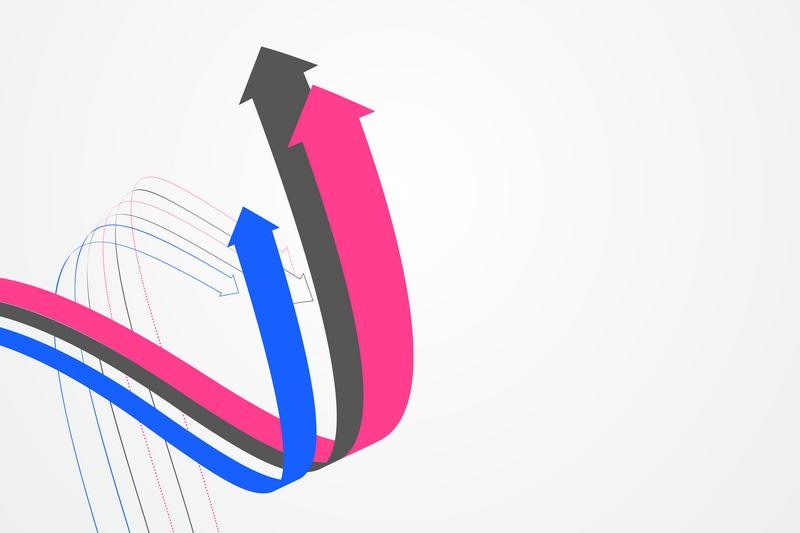<b>I gave college a shot when I was 18 and dropped out due to major health problems. Student loans obviously did not disappear because of this and I have been struggling with them ever since.
Now at age 24 I finally feel that I am healthy enough to give school a second try. I thought I had every detail worked out down to registering for my classes. Unfortunately, I have not been communicating with the student loan people because I am not in a good place financially right now.
I just got a brief message from my school saying something along the lines of: "You can't get your financial aid because you defaulted on a student loan." Now I am freaking out and don't know what to do.
I'm finally ready and excited to give school a second try but certainly can't afford it without any financial aid. What can I do?
— Mary S.
Unfortunately, students who are currently in default on federal student loans are ineligible for federal financial aid. However, there are two options for settling student loan debt and regaining financial aid eligibility.
The first is to pay the loan in full. This can be done if you receive a bonus at work, a family inheritance, or with the help of a family member.
The other, and simpler, way to settle a student loan that is in default is to make six consecutive payments after making arrangements with the student lender to pay off the loan. Once these six payments are made, you can become eligible for financial aid again.
Before you begin payment, obtain a full payment history to ensure there have been no mistakes on the lender’s part. Be sure that all of the payments you have made are accounted for in their history. Work with your lender or collection agency to verify that you are both on the same page about what is owed and how to get back into good standing.
It should be added here that there is a caveat to making these six payments. They must be voluntary, meaning they have not been made as a result of a judgment that resulted in wage garnishment or via income tax refunds.
Obviously, in order to remain eligible for federal aid, you must continue to make payments once the six months have passed. What’s more, you cannot default on the loan again.
Once enrolled, you can actually ask for an in-school deferment. A deferment will put a pause on your student loan payments while you’re in school; however, you will accrue interest the entire time.
If you do prefer to make payments on your student loans while you’re enrolled, it’s best to switch to an income-based repayment plan. This type of plan yields the lowest monthly payments and are based on a percentage of your discretionary income. If your monthly income is less than 150% of the poverty line, your monthly loan payments will be zero.
In either case, you will have to delay your enrollment for six months while you work to make payments and bring your loan back into good standing.
Finally, if you’re unable to regain eligibility for financial aid, there are options for you to attend college at a low cost. Consider a community college, which may not require financial aid in order to afford it. Additionally, students that have defaulted student loans are still eligible to claim education tax credits.
If you need further help navigating your defaulted student loans, reach out to the following:
The FSA Ombudsman can help resolve disputes with lenders. The FSA Ombudsman can be reached by calling 1-877-557-2575. The US Department of Education's Default Resolution Group (DRG) can help borrowers explore options for rehabilitating defaulted student loans and regaining eligibility for federal student aid.
Student Loan Default and Financial Aid Eligibility
Your future financial aid eligibility can be impacted by defaulted student loans. Find out how to get back in good standing.

Defaulted student loans mean no future financial aid eligibility.
